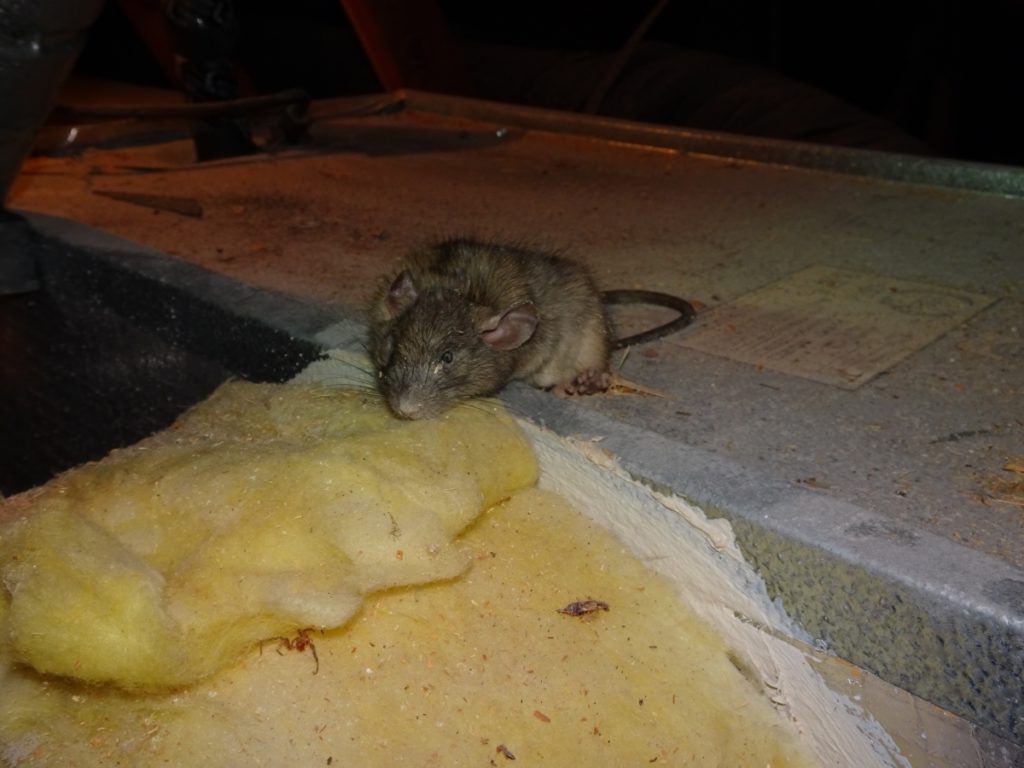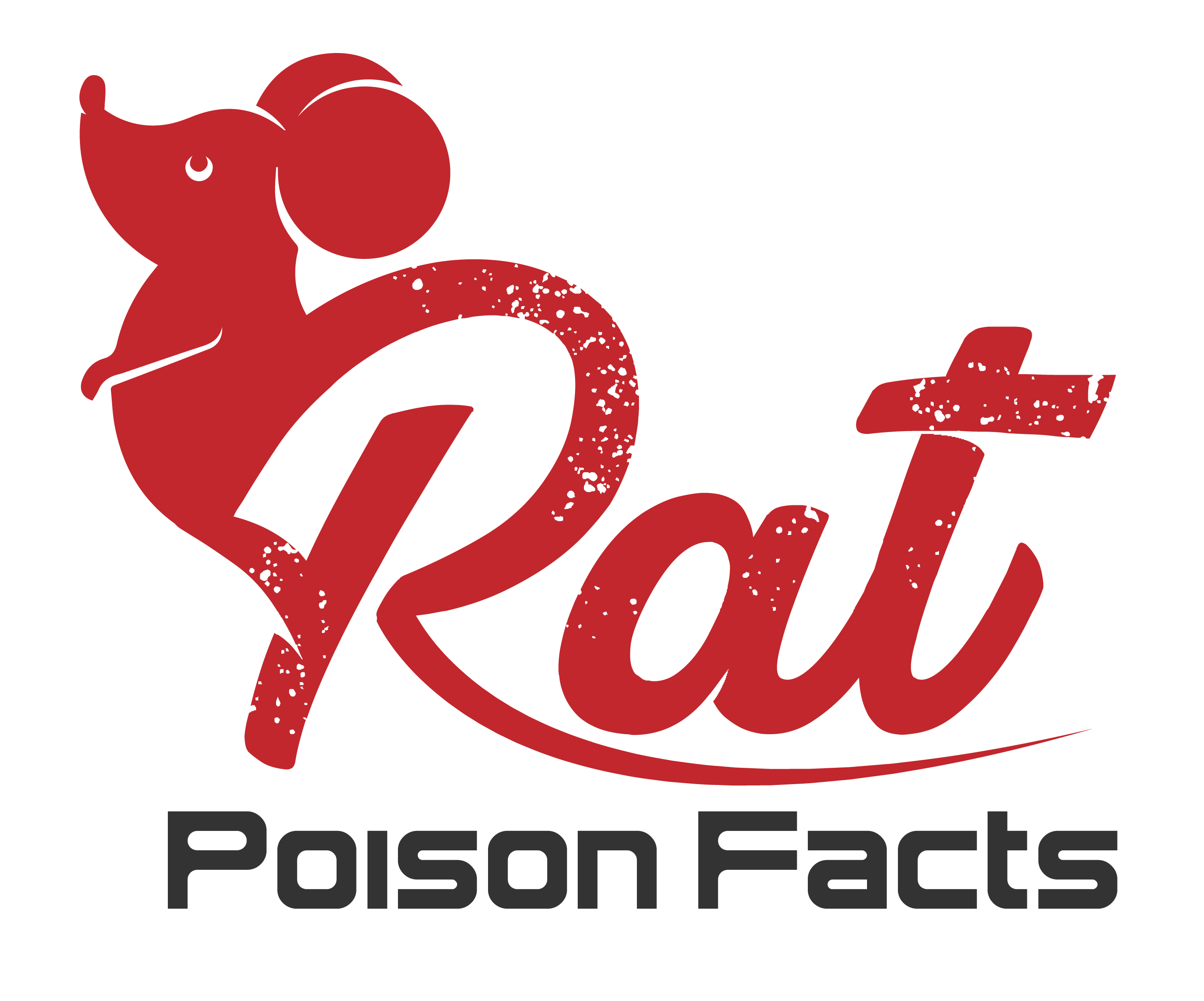
For most people, the idea of having a dead rat in their home is better than the idea of having a living one. Even so, dead rats in the house come with their own host of problems, many of which can be serious. From foul odors to flies to diseases, there are plenty of reasons that you do not want to have a dead rat in your home.
Dead Rats Smell Very Bad

In most cases, a dead rat will begin to smell within just three days, although it can be quicker or take longer, depending on the temperatures.
No Rodenticides Prevent the Smell
There are some products on the market that claim to kill rats and dry them up without causing the bad smell. There are also some people who back up these claims. You should never believe them as there are no rodenticides or other products that will completely prevent the smell associated with a decaying rodent.
Some Products Can Minimize the Odor
There are, however, some products that can help minimize the smell associated with a dead rat. These are usually applied to the area where the dead rat is to help speed up the smell dispersal.
The Best Way to Remove the Smell – Remove the Rat
To eliminate the dead rat smell, you need to get to the root of the problem and remove the dead rat so you can dispose of it properly. This may be harder than it sounds since rats tend to die in inconvenient hiding spots, making them difficult to find. You may also need to cause minor damage to your home, like making a hole in the wall, to remove the rat.
Ventilate the Area
Once you remove the rat, you will need to ventilate the area and sanitize it to help get rid of the smell. There are products specifically designed to break down the bacteria and odors associated with dead rats.
Dead Rats Attract Flies and Maggots
Another major problem associated with dead rats in your home is that they will attract flies and maggots. These insects view dead rats just like they would any other source of meat, as food. It is very common to not even find the dead rat until flies have already laid their eggs, which will quickly lead to the dead rat being overrun with maggots.
Blowflies get attracted to decaying flesh, so you will find yourself dealing with the bad smell of the dead rat as well as flies and maggot.
Remove the Dead Rat to Dissipate the Flies
As expected, the best way to minimize the flies that are attracted to a dead rat is to remove the rat. You will need to find and dispose of it so the flies cannot get to the dead rodent anymore. Remember to always wear gloves and take care when handling rodents, alive or dead.
Clean the Area
After removing the rat, make sure you thoroughly clean the area. This way, you can ensure that you get rid of any fly eggs left behind, as well as harmful bacteria.
Consider Insecticide
Depending on how many dead rats there were and how long they were left alone, you may need to use insecticide to control the flies. If this is the case, carefully read any instructions and warnings and ensure there is enough ventilation in the area, especially if you apply it indoors.
Dead Rats Can Carry Disease
Whether they are alive or dead, there is a long list of diseases that rodents can spread. Some are more likely to occur if you directly come into contact with the dead rodent, but others can occur via contamination.
Methods of Getting Diseases from Dead Rats
The method of transmission varies based on the type of disease, but most have several transmission methods. You are unlikely to be bitten by a dead rat, but you can contract some diseases by touching the carcasses of infected rodents.
Many of the diseases are also spread if your food or water becomes contaminated by the infected rodent, whether it is alive or dead. Depending on where it dies, this can be a possibility.
Whether you are bitten by a rat or come into contact with the dead rodent, you may be at risk of hantavirus pulmonary syndrome, hemorrhagic fever with renal syndrome, leptospirosis, Lassa fever, Omsk hemorrhagic fever, the plague, salmonellosis, lymphocytic chorio-meningitis, tularemia, or a range of South American arenaviruses. Some of these are unlikely to occur in most parts of the world, but you should always take precautions. The following are some of the ones you should know more about in North America.
Hantavirus Pulmonary Syndrome
This is a virus and is found throughout North and South America. You can get it via direct contact with rodent droppings or urine or breathing dust that is contaminated with those waste products.
Leptospirosis
This is a bacteria that you can contract if you contact contaminated soil or water or eat contaminated food or drinks.
Lymphocytic Chorio-Meningitis
This is a virus that can happen if you directly contact the rat waste products or breathe in dust that is contaminated.
Plague
Plague can occur in the western United States and can occur from direct contact with an infected rat.
Rat Bite Fever
Despite the name, you do not need to be bitten to get rat bite fever so even dead rats can transmit it. It can occur if you come into contact with an infected dead rat or drink or eat something that is contaminated.
Salmonellosis
This bacteria-driven disease occurs worldwide from eating or drinking something that is contaminated.
Tularemia
You can contract this disease caused by a bacterial agent from handling an infected animal’s carcass, breathing in the bacteria, or consuming contaminated items.
The Bottom Line – Get Rid of Dead Rats Immediately
As you can likely assume, the best way to avoid the odors, flies, and diseases associated with dead rats is to eliminate the dead rodents as quickly as possible. Remember to wear protective gear when disposing of the rats to prevent contracting diseases.
